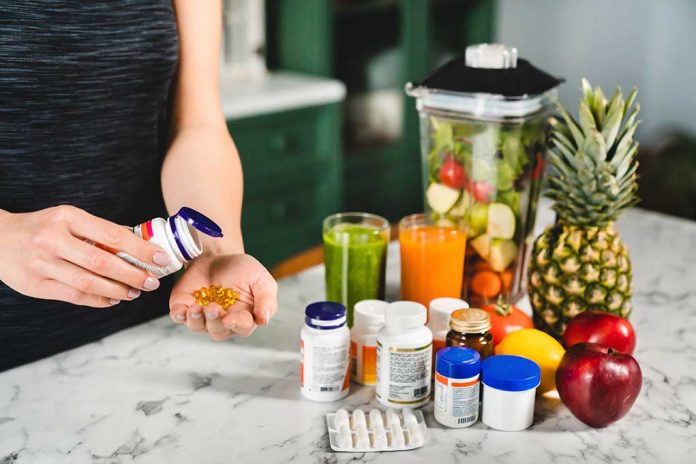
(HealthyAccess)- When we think of drug interactions, we may typically think of the potential side effects of mixing prescription drugs with over-the-counter medications or nutritional supplements. But some of the most dangerous drug interactions out there don’t happen with other drugs at all. They happen with food.
While it’s not commonly discussed, the foods we eat can interact with the medications we take. Here are six dangerous food-drug interactions we need to watch out for.
Antibiotics and Dairy
Antibiotics and dairy just don’t mix. Avoid cheese, milk, and even yogurt when taking a prescribed antibiotic. Antibiotics can actually bind themselves to the calcium contained in these products, which our bodies then can’t digest or absorb.
Statins and Grapefruit
If we’re taking statins to lower cholesterol, we’ll want to avoid eating grapefruit, which can increase statins in the body. Increased statins in the body raise our risk of side effects from the statin drugs we’re taking. While muscle soreness–one common side effect of these medications–may not seem dangerous, high amounts of statins can also lead to liver problems.
Erectile Dysfunction Medication and Grapefruit
Grapefruit strikes again! This powerful fruit can increase blood flow, which can lead to headaches, low blood pressure, and other near-fatal medical issues in anyone taking an erectile dysfunction medication.
Digoxin and High Fiber or Herbs
Digoxin is often prescribed to treat heart issues. Dietary fiber can prevent digoxin from being properly absorbed in the body. Herbs like ginseng and St. John’s Wort can also interfere with blood levels, preventing digoxin from working effectively. Signs of toxic interaction include confusion, dizziness, seeing auras around objects, nausea, vomiting, and a yellow tint to one’s vision.
Antithyroid Drugs and Seafood
Antithyroid drugs prevent iodine absorption in the stomach, making high-iodine foods like seafood inadvisable for anyone taking them. Side effects of too much iodine include hives, rashes, and even liver disease. If you take antithyroid medication, avoid consuming seaweed, salt, and other high-iodine foods.
MAOIs and Fermented Foods
It may be best to put down the pickles when taking monoamine oxidase inhibitors, or MAOIs, for depression. Fermented foods combined with these medications can lead to dangerously high blood pressure in patients.
By being aware of these drug interactions, we can make healthier choices when it comes to our diets. When beginning a new medication, it’s always important to talk to our healthcare providers and pharmacists about any potential drug or food interactions.
~Here’s to a Happier, Healthier Life!
Copyright 2021, HealthyAccess.com













